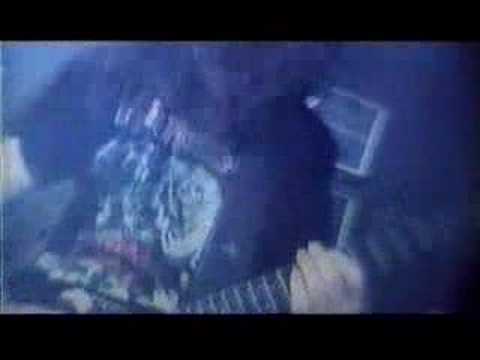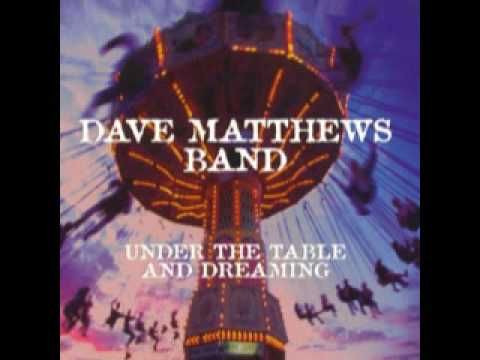If you are just starting to learn how to play the guitar, or even just thinking about learning, you may be wondering if you should get an acoustic or an electric guitar. There are a couple of schools of thought on this question.
Some people say it’s best to learn on an acoustic, because it is more difficult to play and this is going to help them to learn better. Others say that it is best to learn on an electric guitar, because it is easier to play and beginners won’t be as apt to give up.
Is electric guitar easier to play than acoustic? Today we are going to take a look at this question, and talk about the pros and cons of learning on both types of guitars. Let’s get started.
Which Type of Guitar is Easier to Play?
When it comes to which type of guitar is easier to play, the electric guitar wins, hands-down. First of all, electric guitars are smaller and easier to hold onto, and the necks are slimmer. The strings are also thinner, and they are lighter gauge than those used on an acoustic guitar, and require a much lighter touch. These are all advantages for younger players or those who have shorter arms and smaller hands.
Acoustic guitars, on the other hand, have larger bodies, because the wood top is what projects sound from the instrument. In order to produce this sound, the strings must be heavier and thicker, and they are harder to press down on, especially for beginners. The neck is also thicker, because it has to support the heavier strings, which have much more tension than light gauge strings.
The Differences between Acoustic and Electric Guitars
While both instruments are guitars, there are some marked differences between acoustic and electric guitars. In fact, it is these differences that make the electric guitar much easier to play than the acoustic guitar. But, there will always be times when you really need an acoustic guitar to get the type of sound you are looking for.
Strings
We’ll begin by looking at the types of strings used for acoustic and electric guitars. With an electric guitar, you will find electronic pickups. These turn the string vibrations into voltage, and then into sound. This means that you only need to use light gauge strings, and the electronics will do the rest of the work.
The body on an acoustic guitar is what produces the sound. So, the strings vibrate, and those vibrations are amplified via the body of the guitar, producing a natural sound rather than one that is produced electronically. If you used lighter gauge strings meant for an electric guitar on an acoustic guitar, you would get a weak sound that is quite tinny.
Body Style
Obviously, there are several huge differences in the body styles of acoustic and electric guitars. With an acoustic guitar, you have a body that is made out of wood (with the exception of some guitars, such as Ovation guitars, which use other materials).
The body is larger than that of an electric guitar, and the neck is wider (even more-so with a classical guitar). This type of guitar is hollow inside, and the vibrations from the strings resonate. The sound is produced through this resonating, and it is amplified through the hollowness inside. Obviously, this is a very simplified description, but you get the idea.
An electric guitar can be solid or hollow-bodied, but both types rely on pickups to produce the sound. The biggest drawback here is that electric guitars are usually much heavier than acoustic guitars, because of the materials they are made from and the fact that most of the bodies are solid. On the other hand, even though the bodies are heavier, they are smaller and easier to manage.
As we already mentioned, the neck of an electric guitar is slimmer than that of an acoustic guitar, and therefore, much easier to play, particularly for younger players who still have a lot of growing to do. The frets are also larger, so it is easier to play leadwork on an electric guitar.
What about Barre Chords?
First of all, let’s just say that barre chords can be difficult for some people, no matter what type of guitar they are using. This is particularly true of the F chord, which is a curse for many guitar players, even those who are experienced.
It only makes sense that barre chords would be much easier to play on an electric guitar, because you don’t have to press down as hard on the strings to make sound. You need a lot of hand and finger strength to play barre chords on an electric guitar, so just imagine how difficult it can be doing it on an acoustic guitar.

Pros and Cons of Electric and Acoustic Guitars
Now we are going to take a look at the pros and cons of both electric and acoustic guitars.
Acoustic Guitars Pros and Cons
Pros
- Since sound is produced acoustically, you don’t need to bother spending extra money on amplifiers and cables.
- Pretty much anything you learn how to play on an acoustic guitar can also be played on an electric guitar.
- An acoustic guitar offers a soothing tone that you just can’t get from an electric guitar, no matter what settings you use on your amps, pedals, etc.
Cons
- The heavy-gauge strings can be difficult for beginners or anyone who has problems with their hands. It can cause a lot of pain and discomfort.
- Acoustic guitars aren’t built as solidly as electric guitars, and they can be broken much easier.
- The neck of an acoustic guitar tends to be wider than that of an electric guitar, and this is not always good for beginners, especially anyone with smaller hands.
- Acoustic guitar strings often create a buzzing noise, because they are made with higher gauges.
- Barre chords are much more difficult to play on an acoustic guitar because of the heavier strings and higher action.
Electric Guitar Pros and Cons
Pros
- Electric guitars have smaller bodies, narrower necks, and lighter gauge strings, making them much easier to play than electric guitars.
- You can use an amplifier to produce sound, so you don’t have to use as heavy of a touch that you do with an acoustic guitar.
- The strings are softer, making it easier to play barre chords on an electric guitar.
- You can plug your headphones into the amplifier so no one else can hear you practising, and you won’t disturb anyone while you are playing.
- There are loads of fun effects you can play with on amps and pedals.
Cons
- You have to spend extra money on amplifiers and cords.
- Finding the right tone can be a challenge, especially for beginners who don’t know much about guitars and amps.
- Just because you can play an electric guitar, it doesn’t necessarily mean that you will be able to master an acoustic guitar.
Conclusion
It doesn’t matter whether you start out with an electric guitar or an acoustic guitar. Either way, you will have to spend several years and have a lot of dedication in order to be able to master the instrument. In the long run, this dedication will be well worth the effort, no matter which type of guitar you end up preferring to play.




















